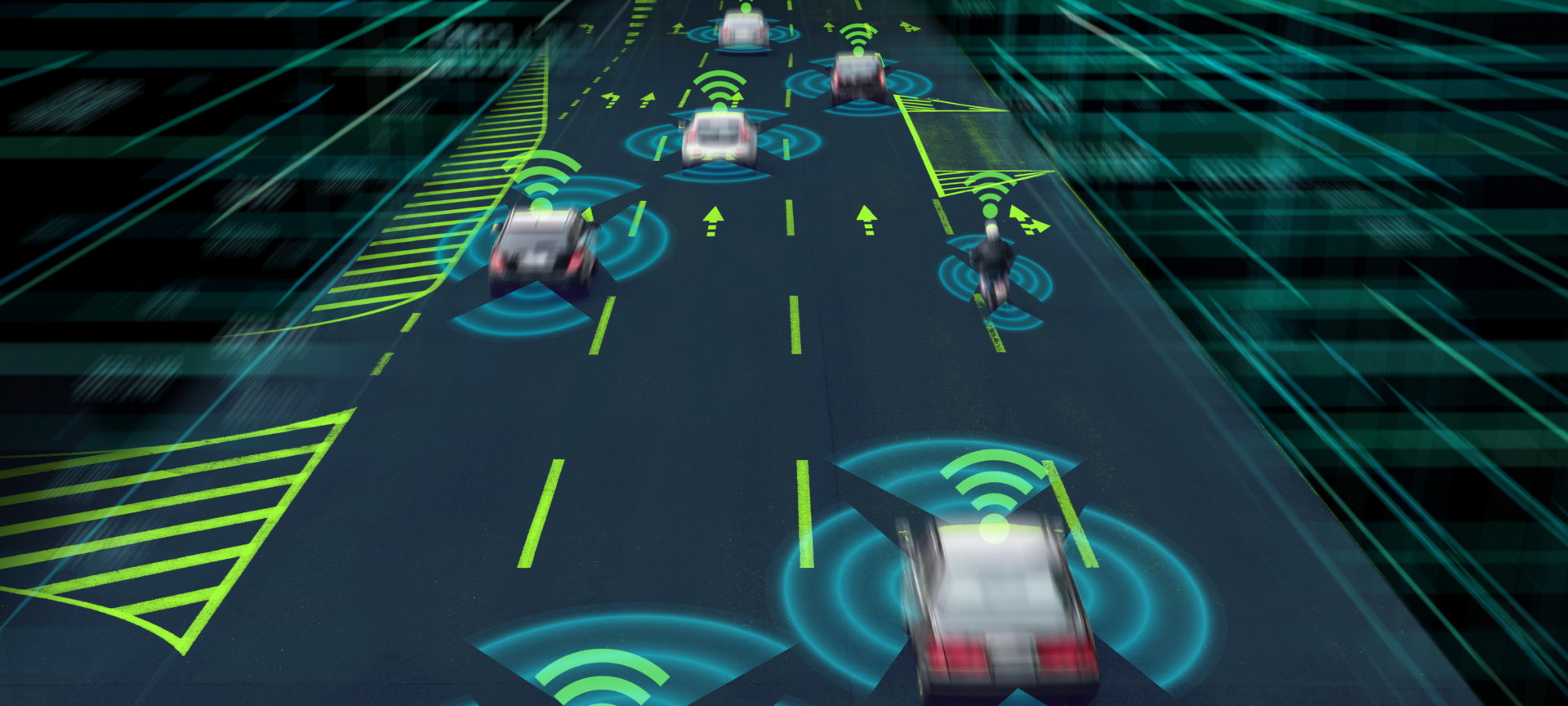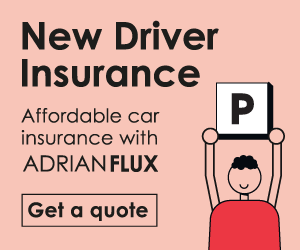Black box cover could make insurance more affordable – and improve your standard of driving too!
Insurance is one of the most painful things about being a young driver – unfortunately there’s no way around it. According to the GoCompare website, the average annual motor insurance bill for an 17-24-year-old driver is a massive £1453. Ouch. Telematics (or ‘black box’) insurance is one way to reduce the price of cover and encourage good driving habits at the same time. So, if you drive well it should be a win-win.
What is telematics insurance?
If you opt for a telematics policy, a ‘black box’ is fitted to your car. This combines a GPS unit, a motion sensor and a SIM card to transmit data. It detects where the car is, how fast it is being driven, and how violently the car is accelerating, braking and cornering.
How is the data used?
The information the black box collects is fed back to the insurer, and used to reassess your premium at regular intervals. Obeying the speed limit, avoiding harsh acceleration and braking, and driving at low-risk times of day can all contribute to a reduced bill. In some cases, there are other forms of reward or special offers for safe and responsible driving. This could mean extra miles are added to a limited mileage policy, or you will receive vouchers and free gifts.
Can I check up on how well I am driving?
Yes, you can. Telematics insurance providers usually have a portal or app through which drivers can see if their driving is up to scratch. By checking back regularly you can tell if you are improving your skills or slipping into bad habits.
Are my parents also able to see my driving scores?
Typically, any named driver will have access to the feedback scores, so if your parent is named on the policy, they will be able to see how well you are doing. Some insurers have found that simply knowing that mum or dad can see the feedback improves young people’s driving.
Can my parents have a telematics policy with me as a named driver?
There are plenty of telematics insurance providers who cover older drivers. But don’t be tempted to name your parent as the main driver unless they really are going to do most of the miles. If your insurer finds out that you’ve fibbed about who the main user of the car is, they’ll have caught you committing fraud. It could invalidate your insurance cover. Also, if you aren’t the main driver on the policy then with most insurers you won’t build up a no-claims discount. So, in the long run it’s best for you to be the main driver, even if the car is also sometimes used by a parent.
What are the drawbacks of a telematics insurance policy?
Some policies set curfews that restrict young drivers from getting behind the wheel at night. Whether that’s a good or bad thing depends on your point of view. You may be frustrated that you can’t give your mates a lift home from the pub, but your parents may be relieved…Also, just as good driving can be rewarded with a lower premium, so poor driving can lead to a higher insurance cost – even if you haven’t had an accident. That’s not universal, though. Some companies are all carrot and no stick, and don’t increase premiums for bad driving unless it has led to a claim.
What other restrictions might there be?
Mileage limits are quite common. Generally, these are set when the policy is taken out, and can be extended at extra cost. Some insurers offer bonus mileage as a reward for safe and careful driving.
Is telematics insurance right for me?
In most cases, yes. You should be able to find more affordable cover by choosing a telematics policy. And it encourages safe driving too.


